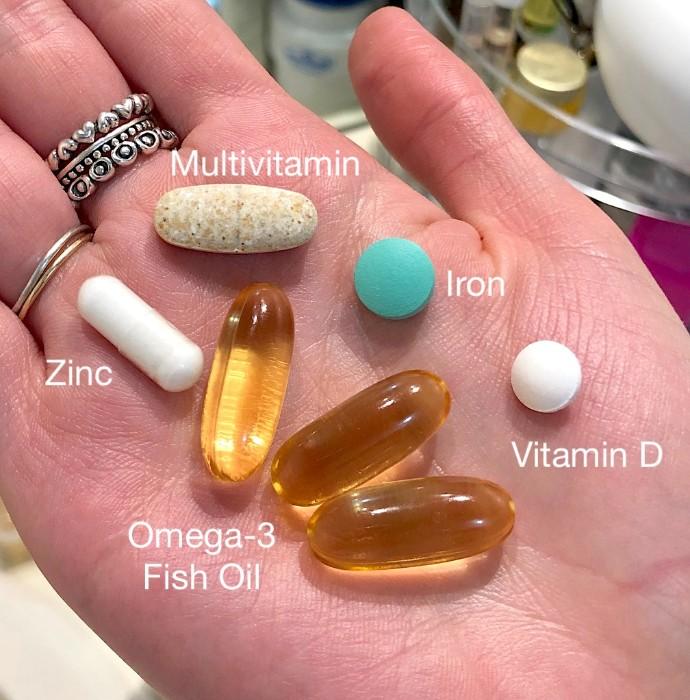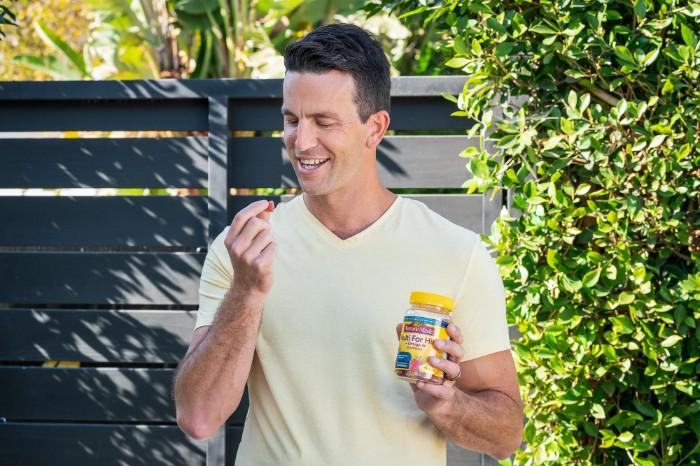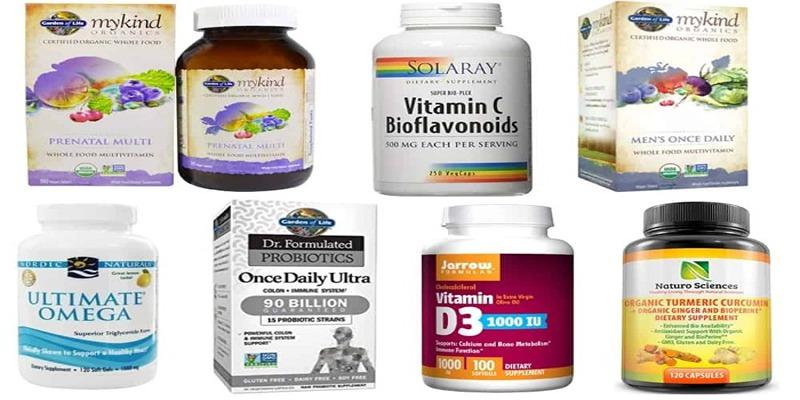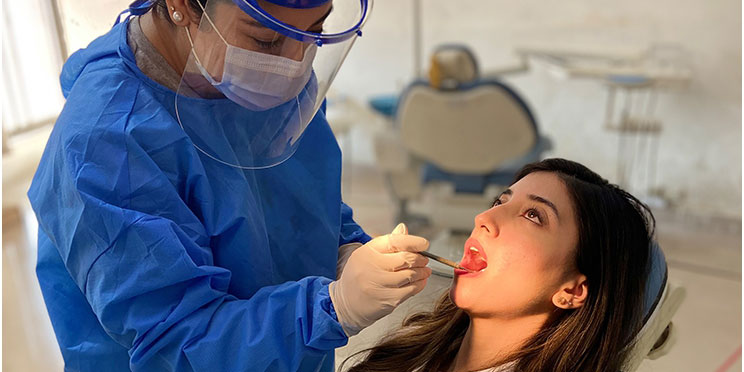Maintaining your health is essential for living a healthy, balanced life. With different lifestyle choices and external factors that come into play, like diet, exercise, stressors, and more – nourishing our bodies daily can be hard to keep up with.
Fortunately, taking vitamins daily is one of the simplest ways to maintain our well-being and protect ourselves from illnesses; but knowing which vitamins are best for you can sometimes be tricky. In this post, I will discuss the importance of taking vitamins regularly and which ones you should consider adding to your routine. Let's dive in.
Introducing Vitamins
Vitamins are essential nutrients that our bodies need to function properly and maintain optimal health. They play an important role in many bodily processes, such as maintaining a healthy immune system, producing energy, and preventing disease. With the right combination of vitamins, you can ensure your body gets all the necessary elements to stay healthy. That's why knowing the best vitamins to take daily is important.
The Best Vitamins to Take Daily

Regarding essential vitamins, your body needs several different types to stay healthy and function properly. Here are a few of the most important ones:
1. Vitamin A helps with vision, growth and development, and healthy skin.
2. Vitamin B Complex – This group of vitamins helps support a healthy metabolism and provides energy for the body to use throughout the day.
3. Vitamin C – Essential for fighting off infections, boosting your immune system, and promoting healing.
4. Vitamin D – Important for bone health and regulating calcium and phosphorus levels in the body.
5. Vitamin E – This vitamin helps protect cells from damage, supports healthy skin, and aids in healing wounds.
6. Vitamin K – Essential for blood clotting, building strong bones, and preventing fractures.
Vitamin A, B-Complex, C, and D
When it comes to maintaining your health, vitamins are essential. To ensure that your body is getting the right nutrients, you must take the best vitamins daily. Here's a look at some of the most important vitamins and their recommended daily intake.
Vitamin A is a fat-soluble vitamin found in dairy products, eggs, liver, and fish. It is essential for maintaining healthy skin and eyesight and aiding in the development of cells. The recommended daily intake for adults over 18 is 900 to 700 micrograms (mcg) daily.
The B-complex vitamins are made up of 8 different vitamins: riboflavin, pantothenic acid (B5), thiamine (B1), niacin, pyridoxine (B6), biotin, folate, and cobalamin (B12). These vitamins are essential for aiding the breakdown of proteins, carbohydrates, and fats. It is recommended that adults over 18 take a B-complex vitamin supplement daily, containing 50 to 200mg of each of the eight vitamins.
Vitamin C is an important antioxidant that helps protect cells from damage caused by free radicals. It also aids in collagen production, giving skin strength and elasticity.
Vitamin E
Vitamin E is an antioxidant that helps protect your cells from damage. It has been linked to various health benefits, including improved heart health, reduced inflammation, and better skin health. Vitamin E can be found in nuts, seeds, and leafy green vegetables. The recommended daily intake for adults is 15 milligrams (mg), equivalent to 22.4 International Units (IU). Getting enough Vitamin E in your diet can help reduce your risk of developing certain diseases, such as heart disease, cancer, and diabetes. It may also help protect against age-related eye degeneration and brain decline. A Vitamin E supplement can help ensure you get enough of this important nutrient. Make sure to speak with your doctor before taking any supplements, as too much Vitamin E can be harmful.
Iron Supplementation
Iron is a mineral that our bodies need to produce red blood cells that transport oxygen. Iron deficiency can lead to anemia and other health problems, including muscle weakness, fatigue, impaired cognitive function, and decreased immunity. For this reason, it's important to include an iron supplement in your daily vitamin routine.
Zinc Supplementation
Zinc is an essential mineral that plays a role in many aspects of human health. It produces hormones, enzymes, and proteins, helps support normal growth and development, and contributes to a healthy immune system. Zinc can be found naturally in foods such as shellfish and red meat, but a zinc supplement may be beneficial if you don't eat these foods regularly.
Magnesium Supplementation 
Magnesium is a mineral that plays an important role in many bodily functions, including muscle and nerve function, heart rhythm, blood sugar regulation, and more. It's essential for overall health and well-being. Unfortunately, magnesium deficiency is widespread — most adults don't get the recommended daily allowance (RDA) of 420 milligrams per day for men and 320 milligrams per day for women.
FAQs
What is the most important vitamin to take daily?
The Average of vitamins and minerals is important, but the essential one to take daily is Vitamin D. This vitamin helps your body absorb calcium for healthy bones and teeth, regulate your mood, and reduce inflammation. The recommended daily intake for adults is 15 mcg (600 IU).
Is it good to take a vitamin every day?
The coordination of vitamins and minerals daily is important for a healthy body. A good multivitamin supplement can help ensure you get the recommended daily intake of essential nutrients. However, speak with your doctor before beginning any supplement regimen, as they can be dangerous if taken in large doses.
Which vitamin is for hair fall?
Copper and zinc are important minerals for hair health. Copper helps your body produce melanin, the pigment that gives hair its color, while zinc helps support a healthy scalp and hair follicles. In addition to a balanced diet, you can take a daily supplement of copper and zinc to help prevent or reduce hair loss.
Conclusion
In summation, vitamins and minerals are essential components to ensure a healthy and balanced lifestyle. Through this blog post, we have discussed the importance of vitamins A, B-Complex, C, D, E, Iron, and Zinc supplementation and the benefits of each. Lastly, it is recommended to include multivitamins or additional supplements if the daily value cannot be achieved through diet or food alone. Taking vitamins in moderation can bring extraordinary health benefits and energize you throughout the day.




